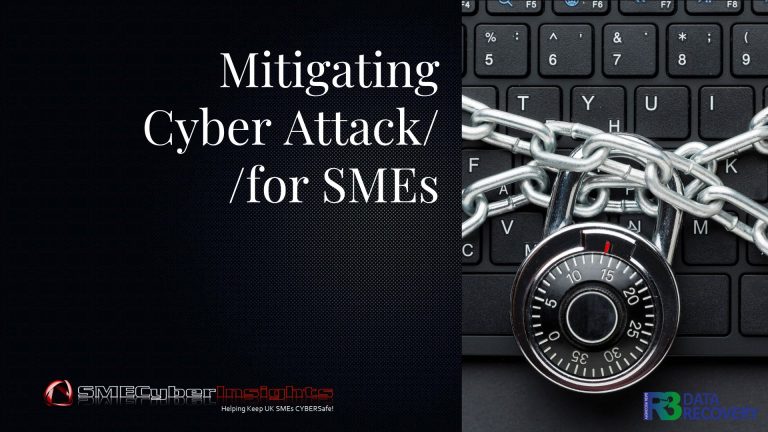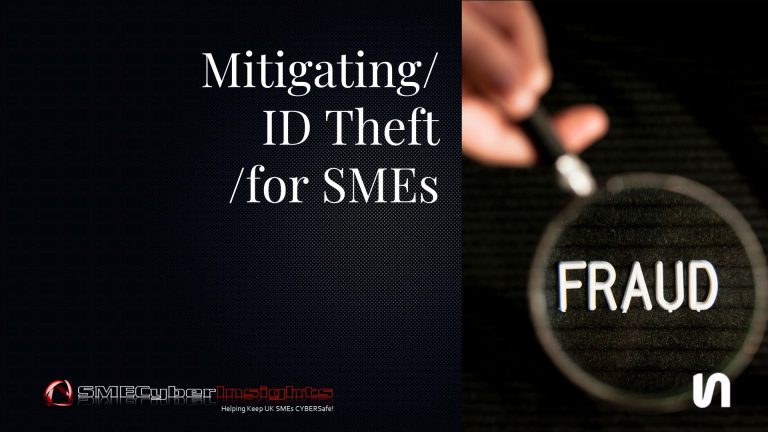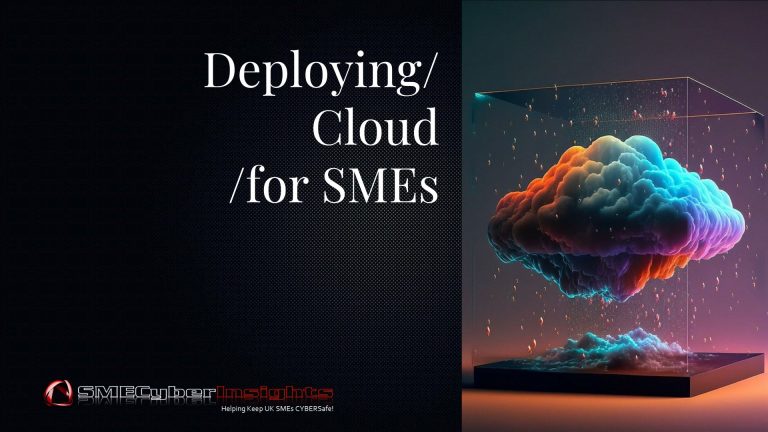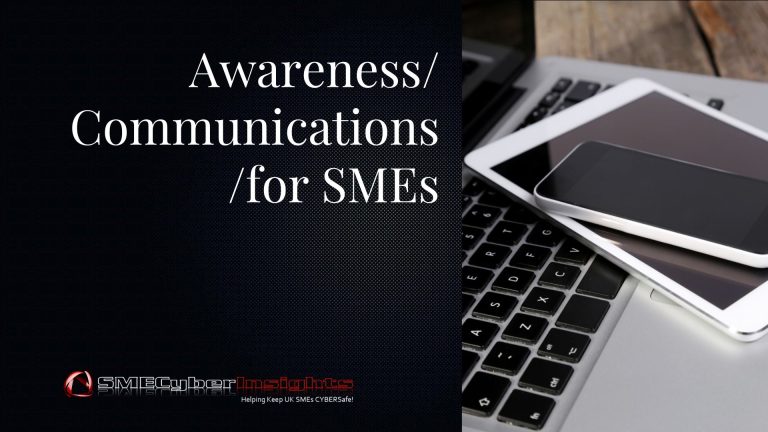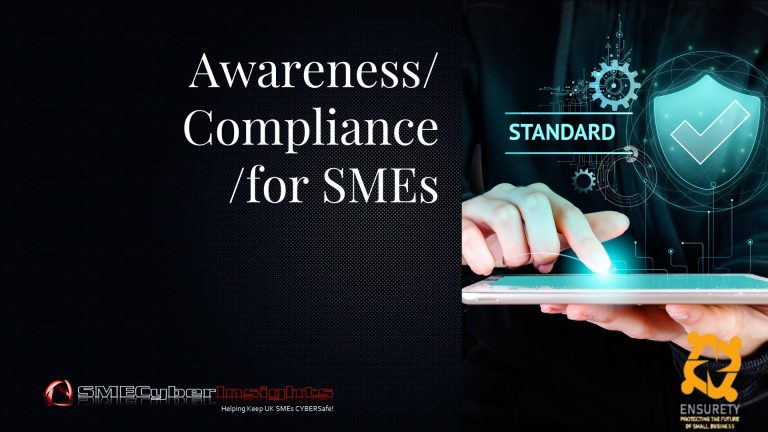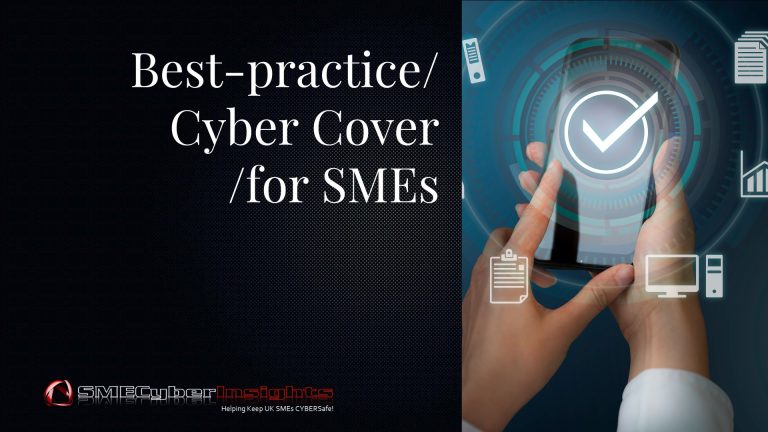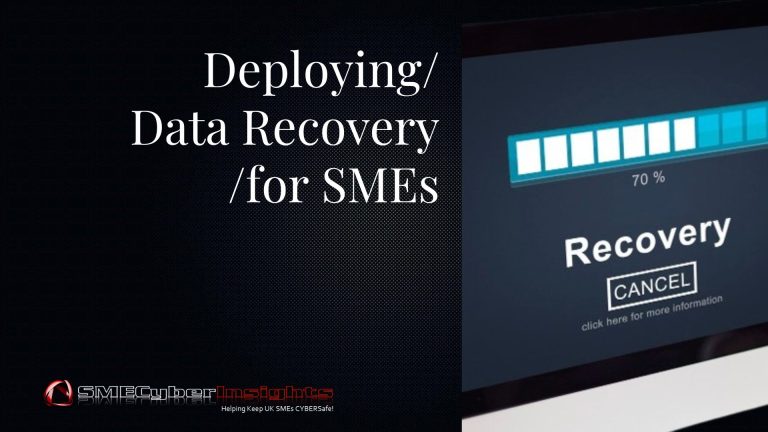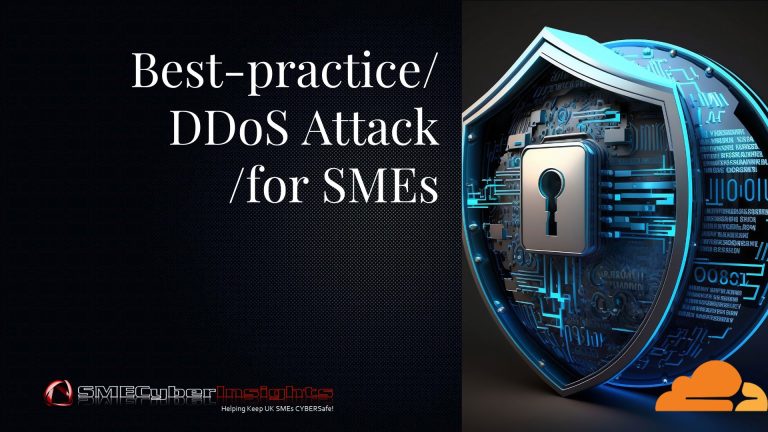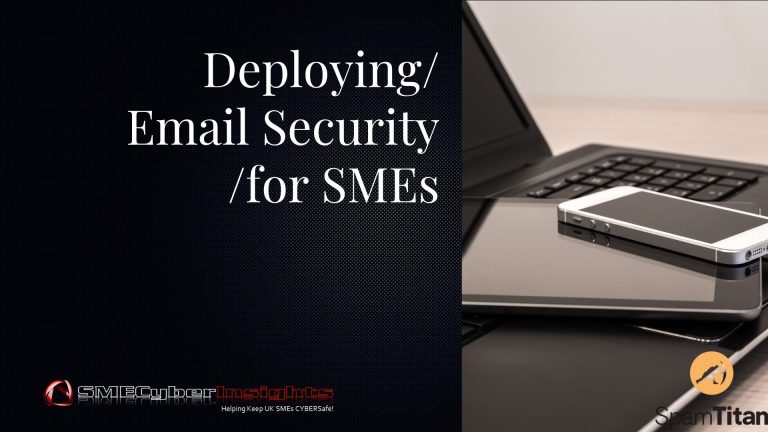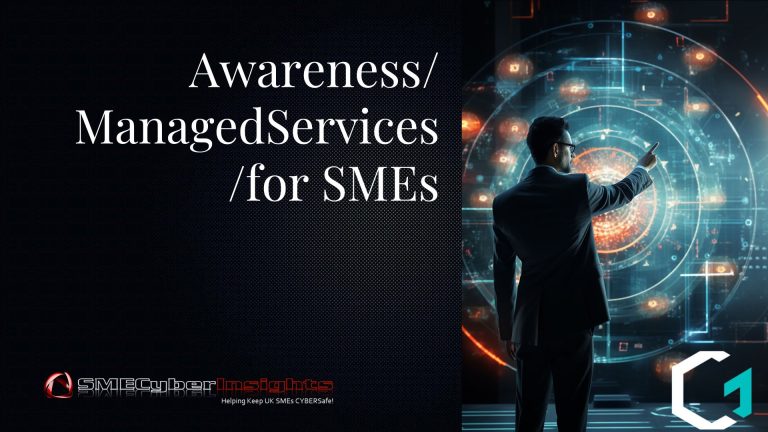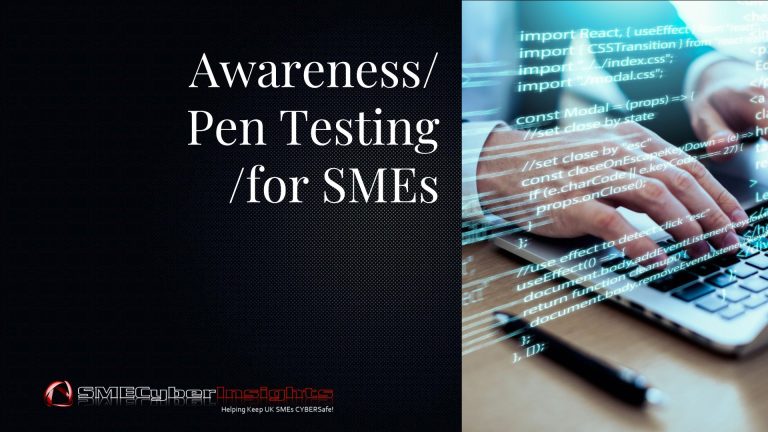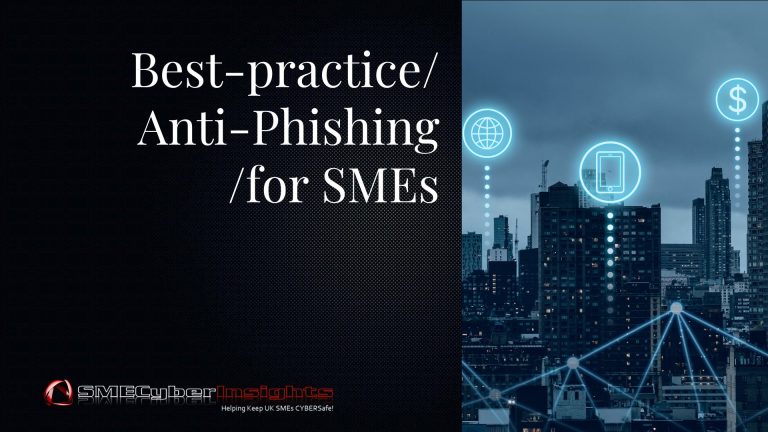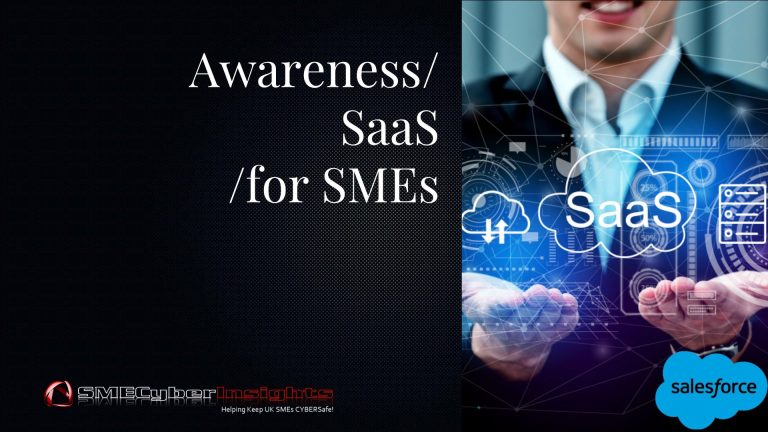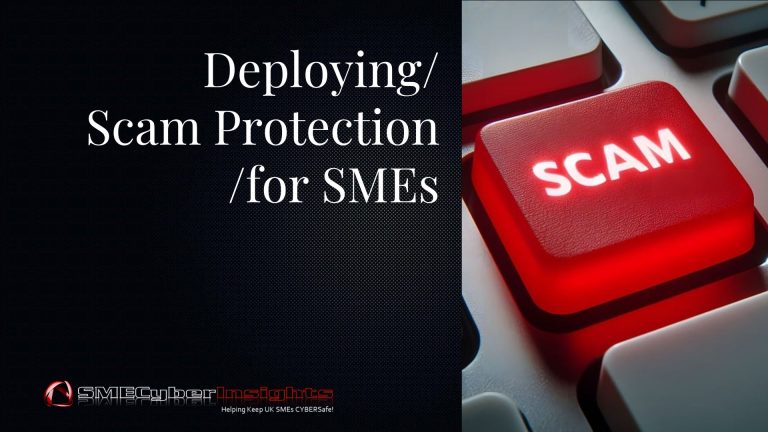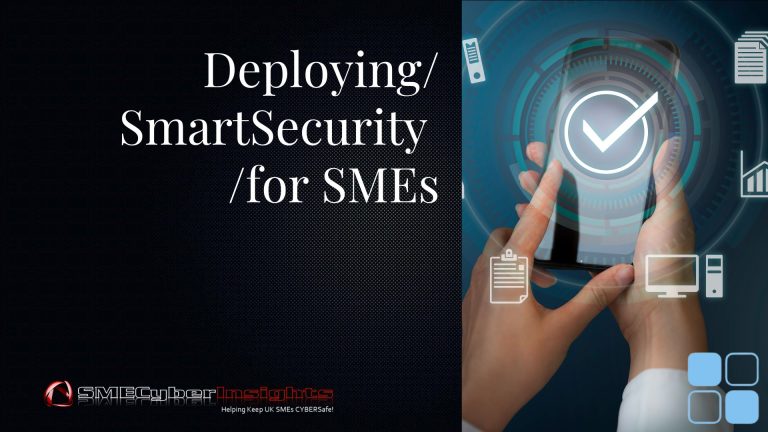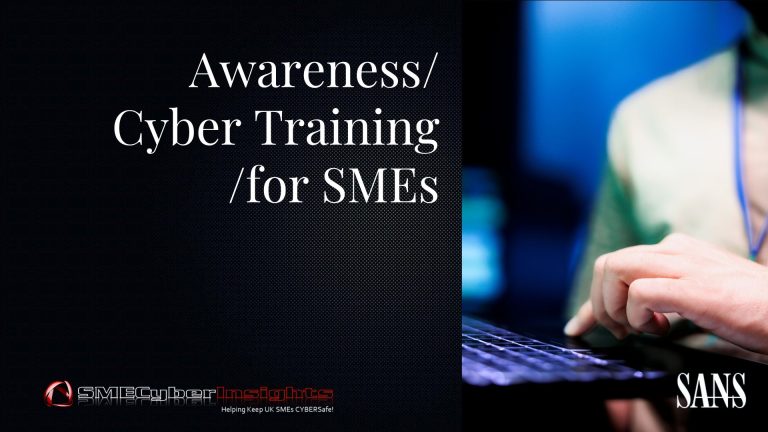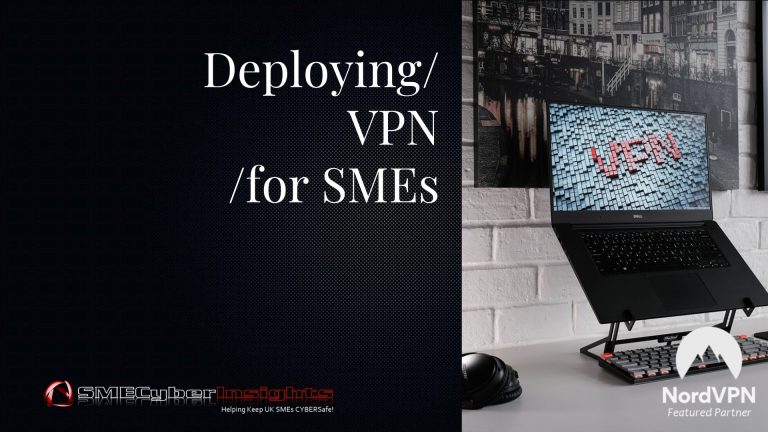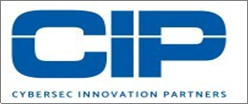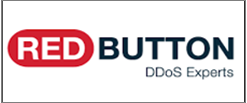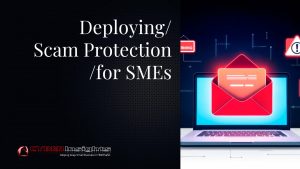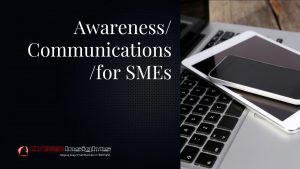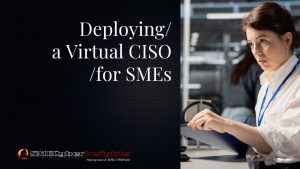Virtual CISO (vCISO) KPI: Guide for UK SMEs – Cost-Effective Cybersecurity Leadership in 2025
June 13, 2025
Virtual CISO (vCISO) KPI: Guide for UK SMEs – Cost-Effective Cybersecurity Leadership in 2025. What Exactly is a vCISO (Virtual Chief Information Security Officer)? A Virtual Chief Information Security Officer (vCISO) is an outsourced cybersecurity executive who provides strategic security leadership and expertise to organisations on a part-time, fractional, or project basis. Unlike traditional full-time CISOs, vCISOs work remotely and serve multiple clients, delivering executive-level cybersecurity guidance at a fraction of the cost of hiring a permanent CISO.
vCISOs bridge the critical gap between technical cybersecurity implementation and business strategy, providing SMEs with access to senior-level security expertise that would otherwise be financially prohibitive.
The vCISO Role: Key Responsibilities and Functions
Strategic Leadership
* Develop and implement comprehensive Cybersecurity strategies aligned with business objectives
* Create and maintain information security policies and procedures
* Establish cybersecurity governance frameworks and risk management processes
* Provide board-level reporting on cybersecurity posture and risk exposure
Compliance and Risk Management
* Ensure compliance with UK regulations including GDPR, NIS Regulations, and industry-specific standards
* Conduct risk assessments and vulnerability analyses
* Develop incident response and business continuity plans
* Manage cyber insurance requirements and claims processes
Operational Oversight
* Oversee security technology implementations and upgrades
* Manage relationships with Cybersecurity vendors and service providers
* Coordinate security awareness training programmes
* Monitor and respond to emerging cyber threats and vulnerabilities
Budget and Resource Management
* Develop Cybersecurity budgets and justify security investments
* Optimise security tool selection and deployment
* Provide cost-benefit analysis for security initiatives
* Guide recruitment of internal security personnel when needed
Pros and Cons of Hiring a vCISO
Advantages
Cost Effectiveness
* Significantly lower cost than full-time CISO (typically 60-80% savings)
* No recruitment fees, benefits, or employment overheads
* Flexible engagement models to match budget constraints
Immediate Expertise Access
* Instant access to senior-level cybersecurity experience
* Broad industry knowledge from working with multiple organisations
* Up-to-date threat intelligence and best practices
Scalability and Flexibility
* Adjust service levels based on business needs and growth
* Access to specialist expertise for specific projects
* No long-term employment commitments
Objective Perspective
* Independent assessment of current security posture
* Unbiased vendor and technology recommendations
* Fresh insights into security challenges and solutions
Disadvantages
Limited Availability
* Shared attention across multiple clients
* May not be immediately available during crisis situations
* Potential scheduling conflicts for urgent security matters
Cultural Integration Challenges
* Less embedded in company culture and daily operations
* May require more communication effort to stay aligned
* Limited physical presence for relationship building
Confidentiality Concerns
* Potential concerns about sharing sensitive information
* Need for robust NDAs and security clearances
* Questions about data handling across multiple clients
Continuity Risks
* Dependency on external provider relationships
* Potential service disruption if provider relationship ends
* Knowledge transfer challenges when changing providers
Essential Qualifications to Look for in a vCISO
Professional Certifications
Core Security Certifications:
* CISSP (Certified Information Systems Security Professional)
* CISM (Certified Information Security Manager)
* CISSP (Certified Information Systems Security Professional)
* CGEIT (Certified in the Governance of Enterprise IT)
UK-Specific Qualifications:
* SC (Security Check) or DV (Developed Vetting) clearance where applicable
* Understanding of UK regulatory landscape (GDPR, Data Protection Act 2018, NIS Regulations)
* Professional membership with BCS (British Computer Society) or similar bodies
Experience Requirements
Leadership Experience:
* Minimum 10-15 years in cybersecurity roles
* Previous CISO or senior security management positions
* Experience managing cybersecurity budgets and teams
* Board-level presentation and communication skills
Industry Knowledge:
* Relevant sector experience (financial services, healthcare, manufacturing, etc.)
* SME-specific challenges and constraints understanding
* UK compliance and regulatory environment expertise
* Multi-client service delivery experience
Technical Competencies:
* Risk management and assessment methodologies
* Security architecture and framework design
* Incident response and crisis management
* Cloud security and digital transformation
* Emerging technology security (AI, IoT, remote work)
Soft Skills and Attributes
* Excellent communication and presentation abilities
* Business acumen and commercial awareness
* Cultural fit with SME environment
* Ability to translate technical risks into business language
* Strong project management and organisational skills
vCISO Costs and Savings Analysis for UK SMEs
Full-Time CISO Costs (2025)
Annual Salary Range: £80,000 – £150,000+ Total Employment Cost: £120,000 – £200,000+ (including benefits, NI, pension, training) Additional Costs: Recruitment fees (£15,000-£30,000), office space, equipment, professional development
vCISO Service Costs (2025)
Monthly Retainer: £2,000 – £8,000 per month Daily Rate: £800 – £1,500 per day for project work Annual Cost Range: £24,000 – £96,000 for comprehensive services
Cost-Benefit Analysis
Typical SME Savings:
* 60-80% cost reduction compared to full-time CISO
* Immediate ROI through optimised security spending
* Reduced insurance premiums through improved security posture
* Compliance cost avoidance through proactive regulatory management
Value-Added Benefits:
* Access to enterprise-grade security expertise
* Vendor-neutral technology recommendations
* Improved cyber insurance terms and coverage
* Enhanced customer and partner confidence
* Reduced risk of costly data breaches and downtime
ROI Calculation Example
Medium SME (100-500 employees):
* Full-time CISO total cost: £140,000/year
* vCISO service cost: £48,000/year
* Annual savings: £92,000
* Additional value: Improved security posture, compliance assurance, and risk reduction
Key Takeaways for UK SMEs
When to Consider a vCISO:
* Annual revenue £5-£50 million
* 50-500 employees
* Handling sensitive customer data
* Subject to regulatory compliance requirements
* Experiencing rapid digital transformation
* Facing increased cyber threats or incidents
Selection Criteria Priority:
1. UK regulatory and compliance expertise
2. SME-specific experience and approach
3. Relevant industry knowledge
4. Strong communication and business skills
5. Cost-effective service delivery model
6. Cultural fit with organisation values
Implementation Success Factors:
* Clear service level agreements and expectations
* Regular communication and reporting schedules
* Integration with existing IT and business teams
* Defined escalation procedures for incidents
* Continuous service evaluation and optimisation

What is a VPN & Does my SME Need one? A VPN is a Virtual Private Network a method of securing your communications credentials. When it comes to Small and Medium-sized enterprises (SMEs), the choice of VPNs can significantly impact the security and efficiency of their operations.
The NordVPN service allows you to connect to 5600+ servers in 60+ countries. It secures your Internet data with military-grade encryption, ensures your web activity remains private and helps bypass geographic content restrictions online. Join NordVPN Today and Save up to 73% and Get 3 months Extra Free – Rude Not to …!

